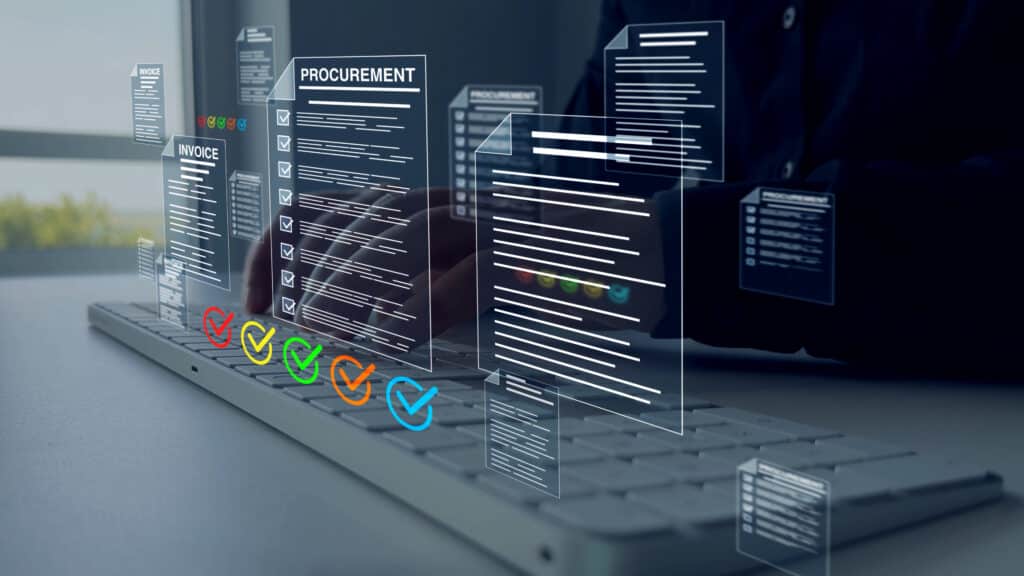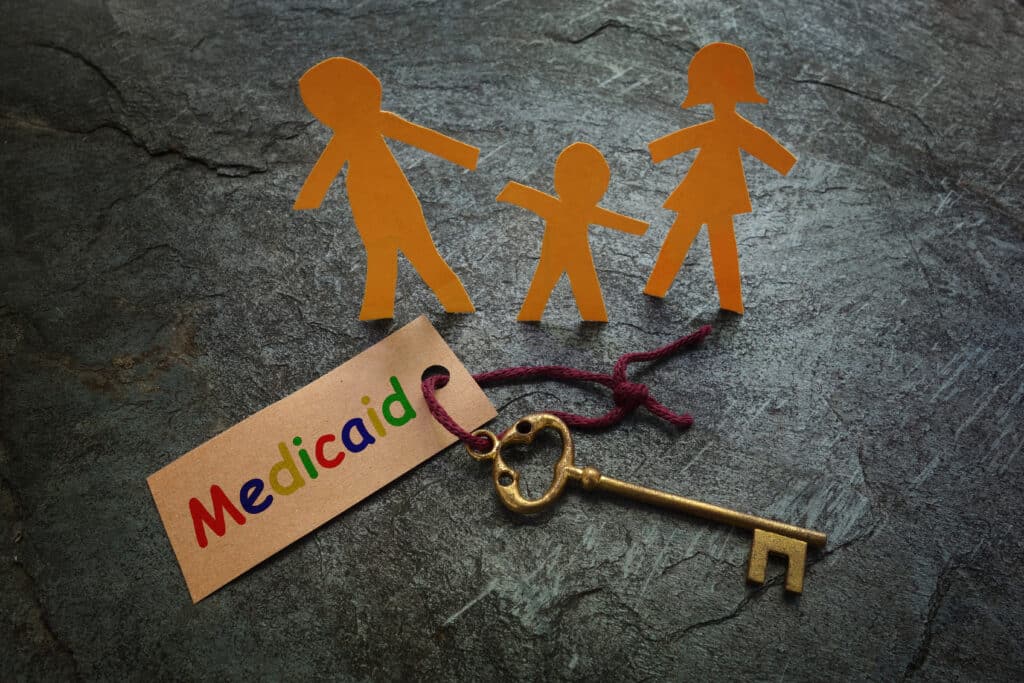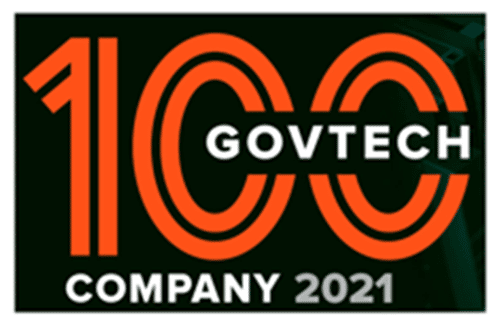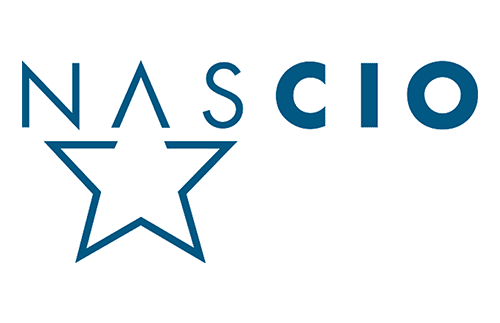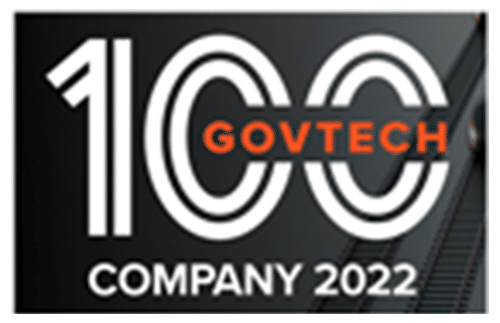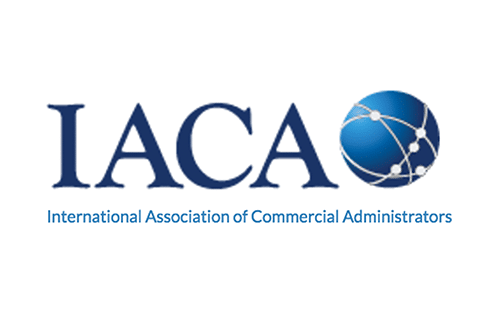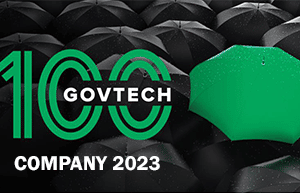If you’re a CIO or CTO who’s decided to push your government operations or business resolutely forward, to embrace workflow automation and DTM and leave the musty past of paper-based processes behind – you deserve congratulations.
But – and in our humble opinion, it’s a pretty big “but” – if you’ve updated so you’re state-of-the-art instead of cutting edge, and you’re willing to rest on those particular laurels for the time being…then you’re
You’re borrowing it from the future, to be specific. This would be fine, if that future was as remote as it’s been in the past, when the Next Big Thing seemed a longish ways away. You could focus on amortizing today’s technology investment for a few years before you had to turn your eyes back to the horizon.
That horizon, though…it seems to get closer a lot more quickly nowadays. The future arrives more and more suddenly.
In fact, it seems as though the pace of change accelerates every quarter, with fresh technological disruptions tumbling over each other in a mad rush to upend markets and enterprises.
The Jurassic Web
A column by technology consultant Marie Johnson in CIO sums up the troubles confronting governments and other big institutions very well. In the land rush to create Internet presence, they launched websites and portals intended to be evergreen.
Today, they’re relics from prehistory; these digital brontosauruses still lumber on, though, wondering why the world around them looks so unfamiliar.
It’s because, like the bureaucracies that spawned them, they became unwieldy, inefficient and incapable of evolving to keep pace with the times.
She describes it flawlessly:
As big economic players, the direction by governments in the year 2000 to go online translated into “put all high-volume transactions online.”
Organisations flung open their doors and put everything online, like hanging the washing out on the front porch. Uncurated. No transformation. The complexity was pushed out onto the citizen.
Websites unleashed an unimagined nightmare of complexity onto the citizen – great lists of forms, even lists of apps, lots of information nested in a hierarchy of web pages, beautifully bureaucratically and legally written but not easily found or even understood.
Building an ever-evolving culture
What’s really amazing is how retrograde some (though certainly not all) governments and public sector institutions were when it came to other areas where technology would have made a difference. We mean, obviously, the potential involved in putting tech to work to deliver workflow and process improvements, even before the arrival of the Cloud. Even today, with SaaS software platforms a fact of life for so many businesses, many governments are still playing catch-up.
Catching up to where workflow automation or business process management applications are right now isn’t enough. Public sector leaders have got to be constantly scoping out what’s coming fast and hard down the pike, whether it’s artificial intelligence or, as we’ve explained, blockchain.
Marie Johnson sees the Next Big thing as being the conversation economy, where “people and digital humans interacting and connecting through natural empathetic conversations in any language, context, signing or even brain activity input.”
She may be right on the mark. We’ve already seen how those conversations can happen more freely, energetically and productively in the digital-enabled workplace, thanks to workflow automation.
The real power source for every innovation is exactly that kind of close collaboration, as we’ve discovered working side-by-side with customers to invent new ways of evolving our products to meet their needs.
Without empathy and commitment between both parties – sharing, challenging, compelling each other forward – neither they nor we would have come as far as we have.
Keeping an eye out for the next wave of technology capable of transforming government and public service isn’t just a matter of spotting those advances as they’re coming over the horizon, then. It’s about building a culture right now, using the right tools, that’s agile, inquisitive, and ready to meet the future head on.




